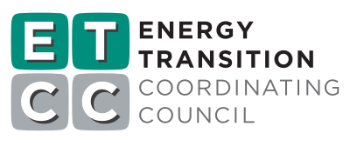Project Info
COMPLETE
Project Title
HVAC Thermal Energy Storage System (TESS) Field Evaluation
Project Number ET23SWE0022 Organization SWE (Statewide Electric ETP) End-use HVAC Sector Commercial Project Year(s) 2023 - 2024Project Results
This project evaluated the performance of a thermal energy storage system (TESS) that uses phase change material (PCM) as a medium. The TESS studied is comprised of a module consisting of PCM-filled panels and a controller. The technology can be added to any HVAC system with a new or existing supply duct. The retrofit does not require any alteration to be made to the existing system and therefore it does not require a permit or structural analysis, unlike most other HVAC retrofits.
Project Report Document
Loading PDF Preview...
